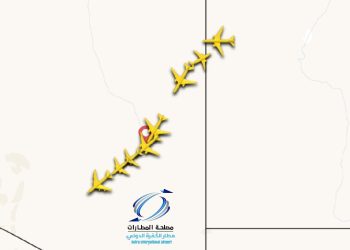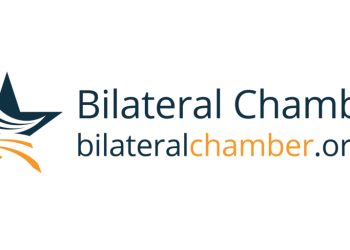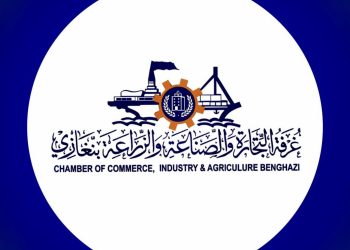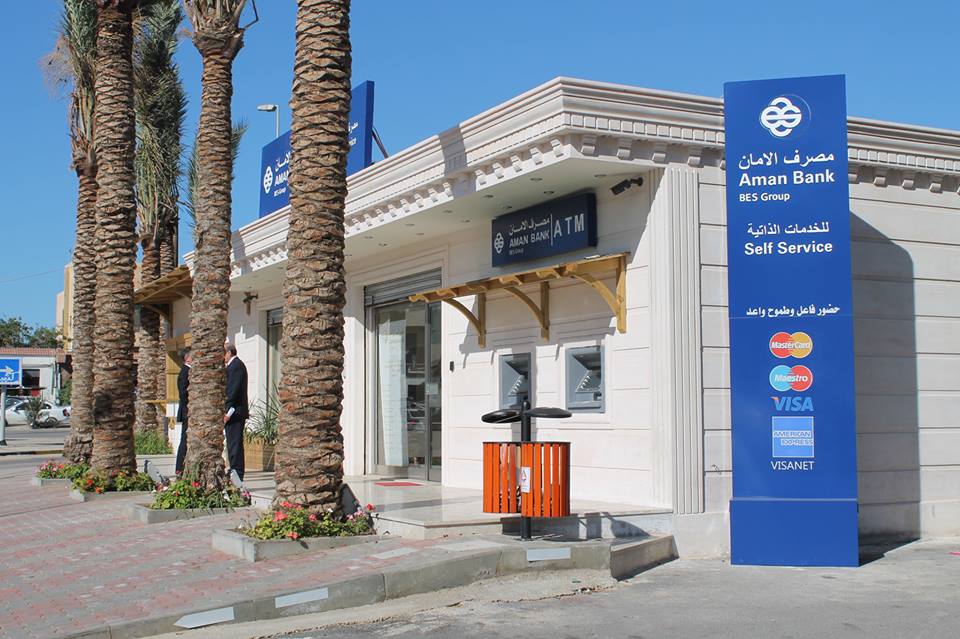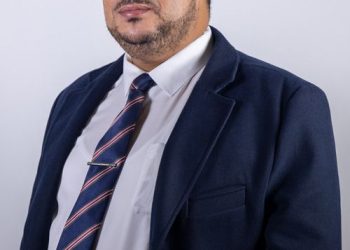By Ben Finch.
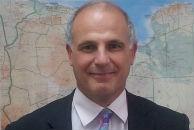
London, 13 May 2014:
Despite the “mutually unsatisfactory” political turmoil, the deterioration of the security situation and difficulties in striking . . .[restrict]deals, Libya is open for business, the British ambassador to Tripoli has said.
Ambassador Michael Aron told a meeting of the British All Party Parliamentary Group (APPG) on Foreign Affairs in London that while Libya was facing a “triple threat of migration, arms smuggling and terrorism,” he remained optimistic about the economic future of the country.
He said British businesses, such as BHS, Marks and Spencer and Next, which have opened branches in Tripoli and Benghazi and have taken advantage of the thriving retail market, had done so without management from head offices visiting Libya because of the security situation.
While there is scope for these businesses to greatly expand in Libya, money needs to start flowing in the country and exports of oil need to restart. Libyan financial systems also need to examine how they work and funding from the central bank should be increased, Aron said. “BP have had major opportunities delayed. Libyans are simply not going to be able to, we’re not going to able. to take advantage of these opportunities until this improves,” he added.
“We are very well placed in Libya but deals are not being struck because of the inability of Libyans to make decisions,” he continued. “We have to get people on the ground and form relationships. They like the quality of UK goods, but at times the contract’s not worth the paper it’s written on.”
Responding to a question from Baroness Nicholson, chair of the APPG and founder of the AMAR International charity, as to whether there is the will in the country to come to a political solution, Aron said the country was stuck in a zero sum game. “The non-Islamists complain they don’t have enough support and all Libya’s problems are down to Western inaction and Islamists. They don’t take responsibility. Islamists feel [the secularists] are Qaddafi loyalists. Both think they’re going to lose. There’s no leadership.”
One of the major problems facing businesses working in Libya, said Aron, is the fear of accusations of corruption among politicians. “It is very difficult to change that, because people are terrified of being accused of corruption and this massively complicates things. People are not taking decisions because they may be accused of being corrupt and it is very difficult to work through these cultural problem,” he said.
Making sure there is stability in Libya for the economy to grow is a priority for the Foreign and Commonwealth Office (FCO), although the spectre of the Iraq War still hangs over strategies to carry this out. “We may have learned the lesson of Iraq too well,” Aron said. “The Americans, with our enthusiastic involvement, took over the country, put it on its feet and gave it back. That had been a bad idea.”
“Military boots on the ground and ministerial boots wouldn’t have worked in Libya. The idea was that there would be light-touch assistance to let them carry it out themselves, as they had carried out the revolution by themselves. It’s only subsequently they decided: ‘We can’t do this.’ ”
The Department for International Development is worried about the amount of aid being sent to Libya, because it is in reality a middle income country. Much of the aid, he said is going towards training the police, army and judiciary, all organisations in which Libyans still have little faith. The UK saw them as being essential to maintaining the stability for business to flourish.
Aron said that in order for the outlook to improve secularists and Islamists need to begin talks and then Britain wouldl provide more technical help.
The FCO)will not be changing its travel advice for Libya, which advises against all travel to most of the country. Aron said this did not mean it was not possible for people to carry out business in the areas which the FCO considers safer. [/restrict]
